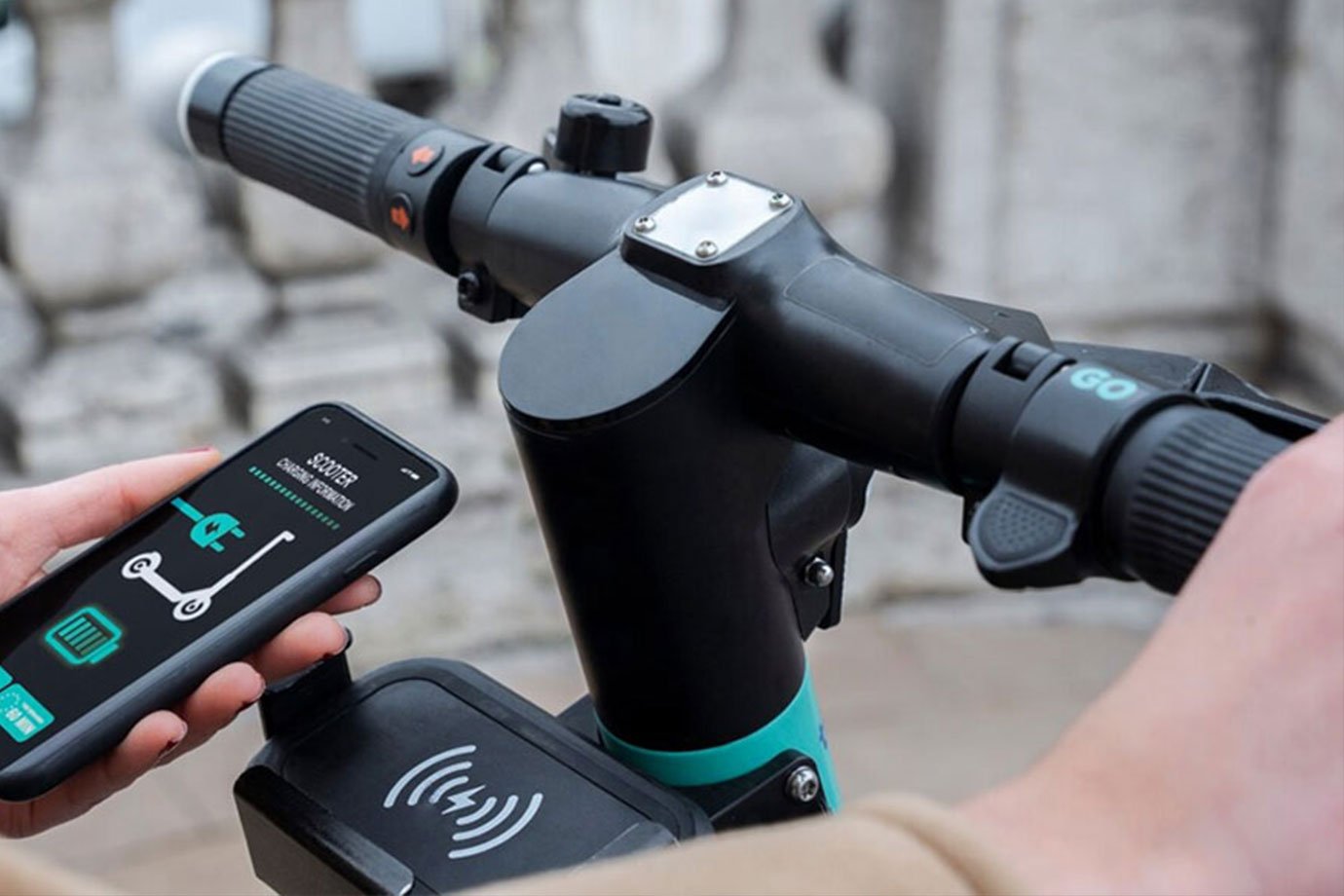The Role of Controllers in Electric Vehicles: Maximizing Performance and Range
When it comes to electric vehicles (EVs), the controller plays a crucial role in optimizing performance and maximizing range. As the brain of the electric drive system, the controller ensures efficient power delivery, enhances acceleration and driveability, enables regenerative braking, and protects the electric motor. In this article, we’ll take a closer look at these key aspects of electric vehicle controllers, diving into the fascinating world of electric vehicle technology.
How Controllers Maximize Performance in Electric Vehicles
One of the primary responsibilities of an electric vehicle controller is to ensure efficient power delivery to the electric motor. Much like the conductor of an orchestra, the motor controller coordinates the flow of electric current, directing it to the motor at the right voltage and frequency. By closely monitoring and regulating this power delivery, controllers enable efficient conversion of battery energy into mechanical power, translating into impressive performance for the vehicle.

Imagine you’re behind the wheel of an electric car and press on the accelerator pedal. Thanks to the controller’s efficient power delivery, you experience smooth and consistent acceleration. The controller optimizes the interaction between the battery and the motor, precisely controlling the power output to match your desired speed and intensity.
The Impact of Electric Vehicle Controllers on Acceleration and Driveability
Electric vehicle controllers also play a crucial role in shaping the throttle response and torque control of electric vehicles. Have you ever driven a vehicle with sluggish acceleration, where it takes a moment for the engine to kick into gear? With a well-designed controller, you won’t encounter this issue in an electric vehicle.
By adjusting various parameters and algorithms, the controller ensures quick and precise response to the accelerator pedal input. In simple terms, this means that when you hit the gas pedal, the controller instantly delivers the necessary power to the motor, resulting in immediate acceleration.
Torque control is another area where electric vehicle controllers shine. They allow for fine-tuning the amount of torque delivered to the wheels based on various factors such as driving conditions, battery state, and driver preference. This helps optimize driveability, making the vehicle smooth and responsive, whether you’re cruising on the highway or maneuvering through city traffic.
Increasing Range and Efficiency with Electric Vehicle Controllers
One of the key advantages of electric vehicles is regenerative braking, which helps increase range and improve efficiency. And you guessed it – controllers are at the heart of this system too! Regenerative braking harnesses the energy generated during the vehicle’s deceleration or braking and converts it back into electrical energy to recharge the battery. This process is made possible by the controller’s ability to switch the electric motor into a generator, capturing and sending the generated energy back to the battery.
Picture this: You’re driving down a steep hill, and instead of using traditional braking, the controller engages regenerative braking. As you take your foot off the accelerator, the electric motor switches into generator mode, converting the vehicle’s kinetic energy into electrical energy. This not only helps slow down the car but also extends the range by recharging the battery. It’s like getting energy back with every push on the brakes!
Protecting Electric Motors and Enhancing Vehicle Safety
Safety is a top priority when it comes to electric vehicles, and controllers play a vital role in protecting the electric motor and enhancing overall vehicle safety.Electric vehicle controllers are equipped with various safety measures such as overcurrent protection and temperature monitoring. These features prevent the electric motor from overheating or being damaged by excessive current flow. They act as guardians, ensuring the motor operates within safe limits, providing reliable performance, and minimizing the risk of malfunctions or accidents.
Imagine: You’re driving your electric scooter on a scorching summer day, pushing it to its limits. You suddenly notice the motor losing power, and before you can get worried, the controller kicks in, alerting you with a warning light. The controller has detected the rising temperature and acted in your best interest by reducing the power output, protecting the motor from overheating and ensuring your safety.
Conclusion
Electric vehicle controllers are true multi-taskers, responsible for maximizing performance and range while ensuring safety and efficiency. Through efficient power delivery, controllers serve as the backbone of the electric drive system.
So, the next time you hop into an electric vehicle, appreciate the silent hero working behind the scenes – the controller. It’s the technological wizardry that enables electrifying acceleration, efficient energy usage, and the overall joy of driving an electric vehicle.
Comparing Electric Vehicle Controller Brands: Evaluating Performance, Reliability, and Features
When it comes to electric vehicles, the controller plays a crucial role in ensuring a smooth and efficient operation....
Customization Capabilities of Electric Vehicle Controllers: Tailoring Performance to Your Needs
Customization plays a crucial role in optimizing the performance of electric vehicle controllers. Every EV user has...
Electric Vehicle Controller Maintenance Tips for Longevity and Performance Optimization
Electric vehicle controllers play a crucial role in the operation and performance of electric vehicles. Proper...



